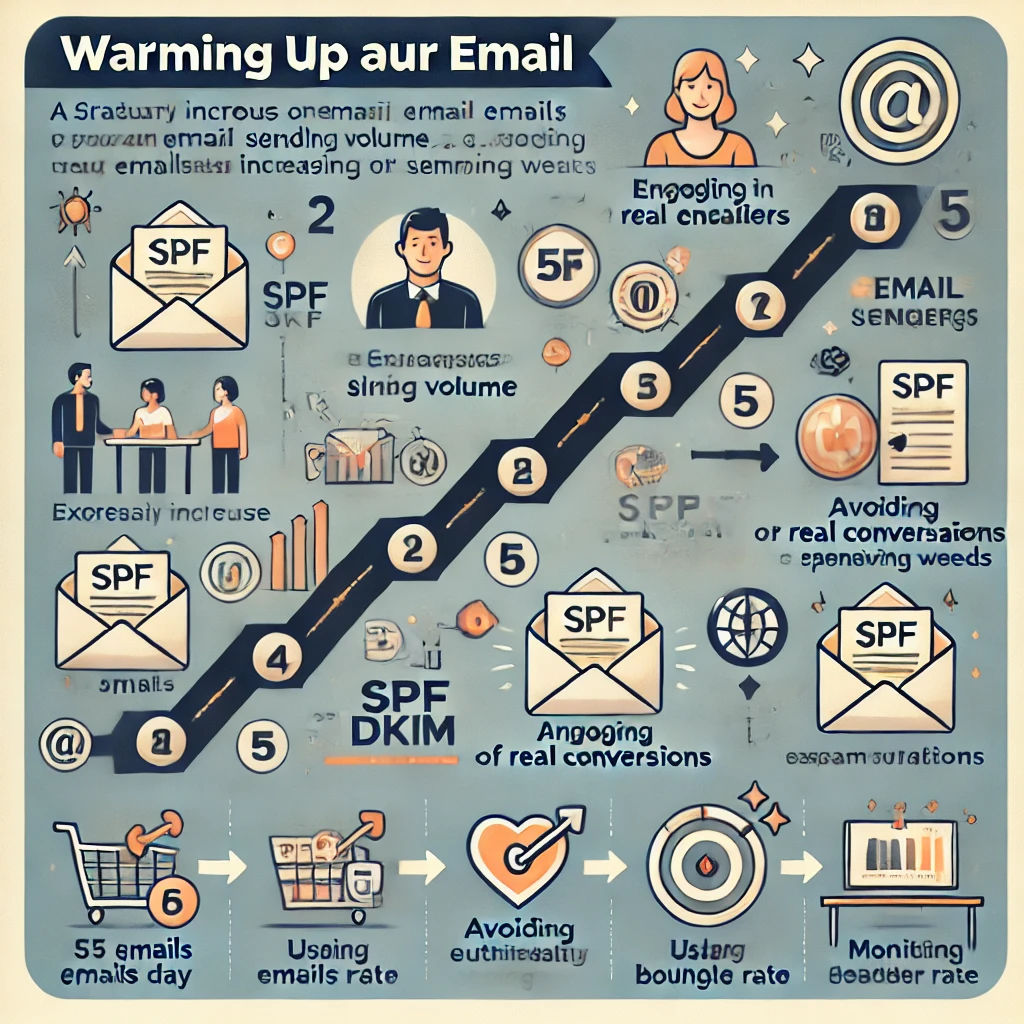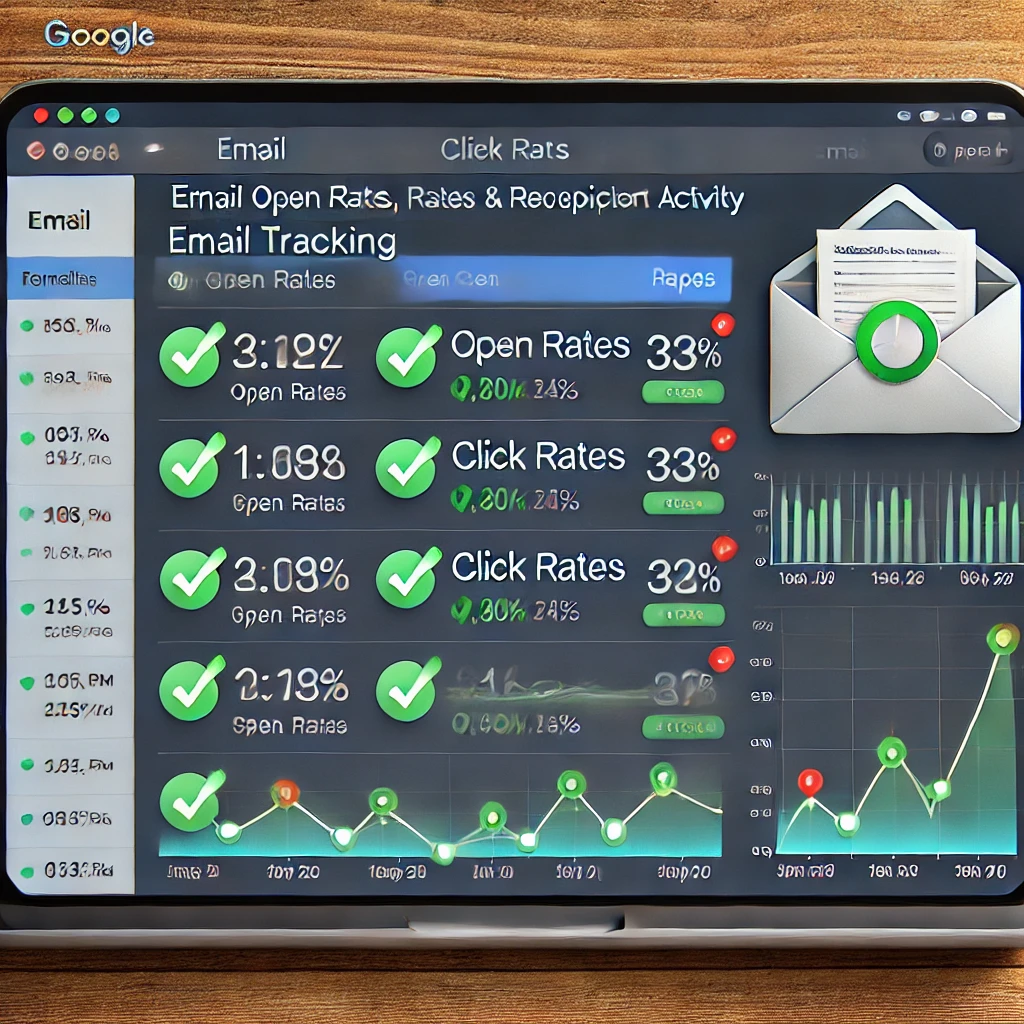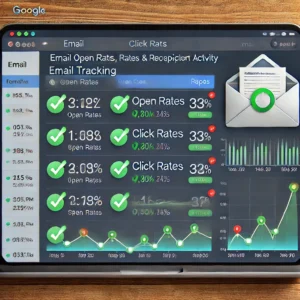Influencer Marketing: The Ultimate Guide for 2025
What Is Influencer Marketing?
Influencer marketing is a powerful digital strategy that involves partnering with individuals who have a strong online presence and a loyal following. These influencers promote brands, products, or services through authentic content, leveraging their credibility to drive engagement and conversions.
Why Is Influencer Marketing So Effective?
1. Builds Authenticity and Trust
Consumers trust influencers because they view them as relatable and credible. A recommendation from a favorite influencer often feels more genuine than a traditional advertisement.
2. Expands Brand Reach
By collaborating with influencers, brands can reach new audiences, gaining visibility in niche communities that traditional advertising may not effectively target.
3. Boosts Engagement and Conversions
Influencer-generated content tends to drive higher engagement, including likes, comments, shares, and direct purchases. Many brands see an increase in conversions thanks to personalized and persuasive influencer campaigns.
4. Provides Cost-Effective Marketing
Working with micro and nano-influencers (10,000–50,000 followers) is often more affordable than celebrity endorsements while still yielding strong engagement and conversions.
Key Trends in Influencer Marketing for 2025
1. The Rise of Micro and Nano-Influencers
Smaller influencers often have more engaged audiences, making them an attractive choice for brands looking for higher interaction rates and authenticity. (Source: Later)
2. AI-Driven Influencer Marketing
Artificial Intelligence (AI) is playing a bigger role in influencer selection, campaign management, and performance tracking. AI helps brands find the right influencers and predict campaign success more accurately. (Source: Adweek)
3. Long-Term Partnerships Over One-Off Collaborations
Instead of one-time sponsorships, brands are forming ongoing partnerships with influencers to build brand credibility and consistency.
4. The Shift Towards Video Content
Short-form videos (TikTok, Instagram Reels, and YouTube Shorts) are dominating the influencer marketing space, offering highly engaging content formats that capture attention quickly. (Source: Shopify)
5. Influencer Marketing Beyond Social Media
More brands are exploring influencer collaborations beyond Instagram and YouTube, including LinkedIn (for B2B marketing), newsletters, and podcasts.
How to Create an Effective Influencer Marketing Strategy
Step 1: Identify the Right Influencers
Choose influencers whose values and audience align with your brand. Check their engagement rates, content quality, and authenticity before reaching out.
Step 2: Define Clear Campaign Goals
Whether you aim for brand awareness, website traffic, or sales, having clear goals will help shape your influencer partnerships.
Step 3: Allow Creative Freedom
Influencers know their audience best. Giving them the flexibility to create content in their style makes collaborations more effective.
Step 4: Measure Performance and Optimize
Track key metrics such as engagement rate, click-through rate, and conversions to determine what’s working. Use this data to refine future campaigns.
Final Thoughts
Influencer marketing is evolving rapidly, and staying ahead of trends will help brands maximize their success. By building authentic relationships with influencers and leveraging emerging platforms, businesses can create impactful marketing campaigns that resonate with their audience.
✔ Want to explore more digital marketing strategies? Check out this guide on lead generation.
✔ Learn about SEO Strategies and how to stay ahead in 2025.









